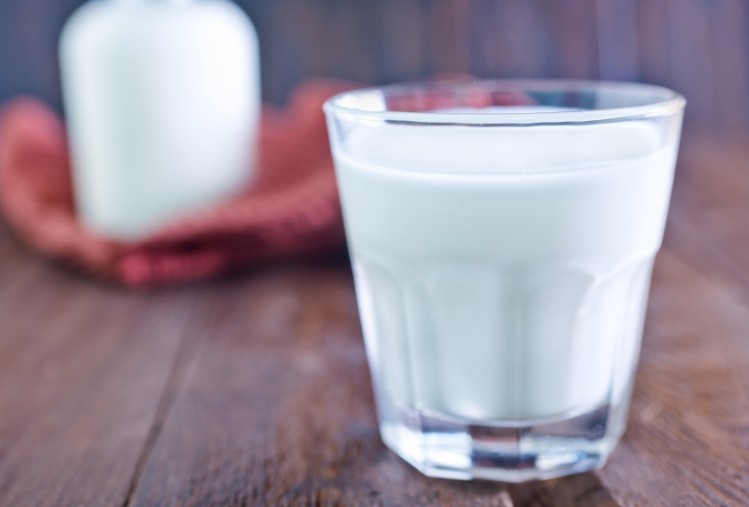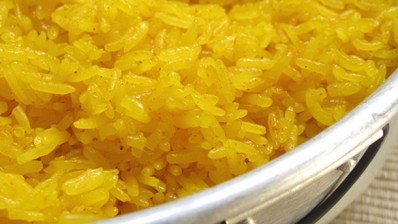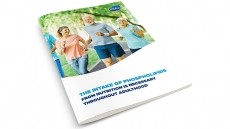Better knowledge and more dairy: How Malaysia can help tackle national diabetes surge

By assessing the diets of 155 study participants, and measuring glycosylated haemoglobin (HbA1c) as a proxy for glycaemic control, researchers sought to provide better understanding of diabetes management.
They found the diet quality of the subjects was unsatisfactory, especially for vegetables, fruits, fish and legumes, as well as from the milk and dairy products group.
Higher body mass index (BMI), poorer medication compliance, lower diet knowledge and skill scores, and lower intake of milk and dairy products contributed significantly towards poor glycaemic control.
Furthermore, Mean HbA1c levels showed that 70% were unable to achieve an acceptable level in accordance to WHO recommendation.
“Mean BMI of the subjects was 29.38 kg/m2 with majority (60.0%) of the diabetic subjects being obese, 24.5% overweight and only 14.2% had normal BMI.
“Besides, mean HbA1c was 9.02 ± 2.25% indicating that subjects were at high risk of diabetes complications. Only 28.4% of the subjects were able to achieve normal target of HbA1c below 7.5%. Almost a third (32.9%) of the subjects had high levels of HbA1c while 38.7% had HbA1c > 9.5% which predisposed them to very high risk of diabetes complications,” stated the researchers in the journal PLOS One.
Fattening concerns
They also pointed out that an inadequate intake of milk and dairy products was evident, with a majority of the subjects (83.9%) failing to fulfil their minimum daily recommendation.
The belief that dairy products are fattening and therefore may lead to poor glycaemic control among diabetics was given as an explanation.
“Our finding was in congruent with the national dietary survey where only 15% of the Malaysian consumed milk on daily basis. Milk and dairy products are not habitual Malaysian food items unlike Western populations,” they added.
Earlier local studies also documented that dairy products were the least-frequently consumed foods among diabetes patients, but the researchers added: “There is an increasing interest in the potential role that dairy products play in diabetes etiology. Previous studies showed that milk proteins have insulinotropic properties and appear to induce rapid release of insulinotropic amino acids and incretin hormones, which may explain its benefit to glycaemic control.”
They said the findings of this study had implications for patient education and clinical practice in Malaysia, because by providing the required resources, glycaemic outcome is expected to improve.
“Body Mass Index was positively associated with higher reading of HbA1c. This emphasises the importance of weight management in glycaemic control as majority of the subjects were overweight or obese,” wrote the team from Universiti Putra Malaysia.
They concluded the key factors that were found to predict poor glycaemic control were BMI, medication compliance, diet knowledge and skill score, and intakes of milk and dairy products.
“This study provides an insight on glycaemic control among diabetic patients, which can be a good reference for future studies. It is believed that through appropriate strategies, there is vast scope to improve glycaemic control among the type 2 diabetics in Malaysia by boosting their diet and nutrition knowledge,” they added.
Source: PLOS One
http://dx.doi.org/10.1371/journal.pone.0172231
“Higher body mass index and lower intake of dairy products predict poor glycaemic control among Type 2 Diabetes patients in Malaysia.”
Authors: Ping Soon Shu, et al.















